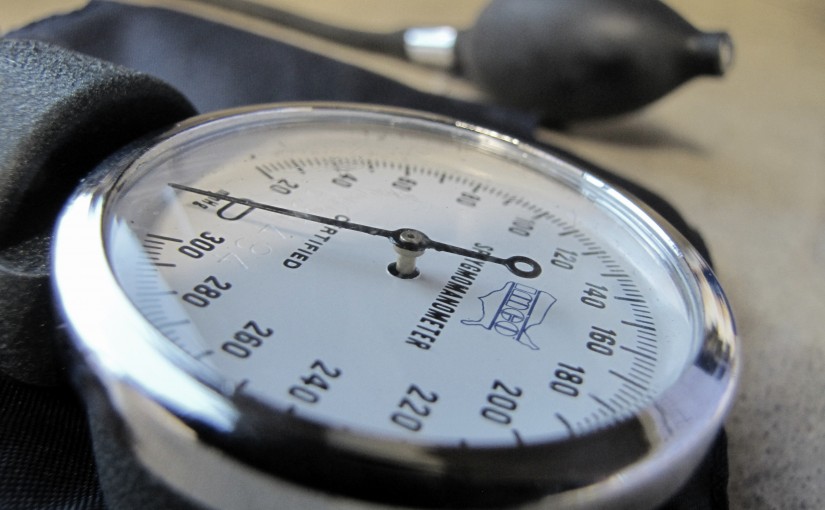We’ve all heard that high blood pressure is unhealthy. You’ve probably even heard that it can kill you, but what exactly are the potential risks of high blood pressure? To understand why high blood pressure is so dangerous, we’ll need to examine its effects on the body.
High blood pressure is particularly risky because the majority of the time it carries no symptoms. Despite a low profile, it can cause serious damage to your arteries and other organs, particularly your heart. Over time, heightened blood pressure can damage the cells lining your arteries, making them thick and stiff, and blocking blood flow to organs such as the kidneys, brain, and extremities. Your heart must work harder to move blood through your body, and it may be unable to maintain a regular flow of blood, causing pains and damage to other parts of the body.
High blood pressure can cause:
- Heart attack
- Congestive heart failure
- Aortic dissection
- Atherosclerosis (fatty buildups in the arteries)
- Stroke
- Kidney damage
- Vision loss
- Erectile dysfunction
- Memory loss
- Fluid in the lungs
- Angina
- Peripheral artery disease
- Aneurysm
- Bone loss
- Sleeping problems
The risks of these issues occurring can be increased in conjunction with other factors, such as genetic predisposition, obesity, smoking, or high cholesterol. Fortunately, some simple steps can lower your blood pressure and reduce the probability of these effects, including regular exercise, a healthy diet, losing weight, reducing your sodium intake, and limit any alcohol drinks.
Since high blood pressure typically does not cause any symptoms, it can be hard to recognize until it causes severe harm. It is important to receive regular check-ups, especially for those at particular risk of high blood pressure or heart disease. A simple test can evaluate if your blood pressure is as dangerous levels that can cause harm to your arteries and develop severe risks for life-threatening conditions.

